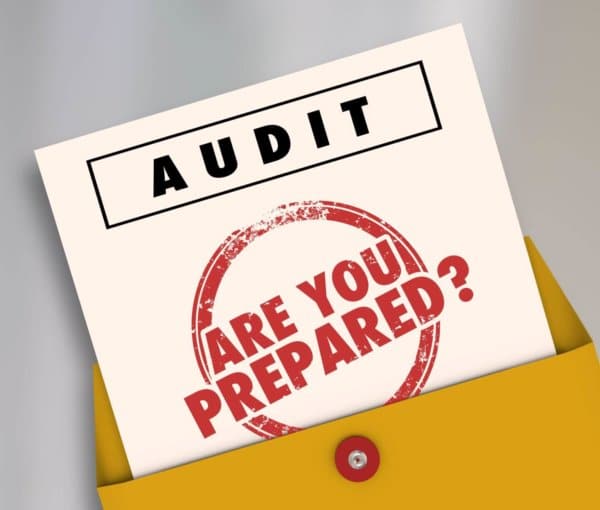Does your organization receive federal funding? If the answer is yes, then you’ve probably heard of a “single audit.” A single audit is required when a non-federal entity expends $750,000 or more in federal awards during the fiscal year. If you are a recipient of federal funds and have exceeded this threshold, then you must comply with the Uniform Administrative Requirements, Cost Principles, and Audit Requirements for Federal Awards, also known as the Uniform Guidance, in order to maintain your organization’s funding. A single audit provides the federal government with assurance that compliance requirements behind the funding are met and that the entity’s internal control over compliance is functioning appropriately. Planning and preparing ahead of your single audit is the key to success and will help to avoid compliance or internal control findings that could negatively affect your funding.
Identify Your Sources of Funding
At the beginning of a single audit, your auditors will ask you for the Schedule of Expenditures of Federal Awards (SEFA). The SEFA is a report that organizes your federal expenditures by program or Catalog of Federal Domestic Assistance number (CFDA number). This report helps the auditors easily see how much was spent during your fiscal year for each federal program. To prepare the SEFA accurately, you really need to know your grants to determine which amounts are federal versus state and local funding sources. It’s not uncommon to have grants that have funding from various sources. If you are ever unsure of the source of funds, consider reaching out to your granting agency to get further clarification.
Identify and Understand Your Compliance Requirements
Now that you have identified your federal funding sources, it is important to identify and understand the compliance requirements that encompass those federal funds. The best place to start is with your grant agreements. Your grant agreement should provide a good overview of the compliance requirements. From there, you will want to obtain a copy of the federal Compliance Supplement; simply running a quick internet search for “Compliance Supplement,” and the current year should yield the most recent version. The Compliance Supplement will list out the CFDA numbers and applicable compliance requirements for each CFDA number. For example, there may be requirements for allowable costs, the period of availability, or reporting requirements.
Train Your Staff
One of the main reasons for findings related to single audits is a result of employee turnover. You may have had a longtime accountant who knew the compliance requirements of each grant backward and forward. However, when they retire or no longer work for you, there are often knowledge gaps that lead to an unintentional breach in compliance requirements that will turn up in the audit report. A best practice is to have more than one person trained on grant accounting to avoid these findings.
Let’s face it; sometimes, it may seem like you need a law degree to understand everything in a grant agreement or the Compliance Supplement. It’s best to be proactive; if you aren’t clear about everything relating to your grant’s compliance requirements, reach out to your granting agency or auditor to get some clarification. At Forge Financial and Management Consulting, we understand these challenges and are here to help walk you through them.
ABOUT THE AUTHOR
Dan Montgomery
Relevant Posts
Learn What Your Business Needs Most to Unlock Faster Growth
Your business relies on four key areas, or centers of intelligence, to thrive. Take the free Business Intelligence Grader to see how you score across financial, leadership, productivity, and human intelligence and learn where to focus to drive greater results.
Your business relies on four key areas, or centers of intelligence, to thrive. Take the free Business Intelligence Grader to see how you score across financial, leadership, productivity, and human intelligence and learn where to focus to drive greater results.




